Resin-Bound surfaces have become a popular choice for modern driveways, patios, and pathways due to their smooth finish, permeability, and low-maintenance appeal. They combine natural stone with clear resin to create a visually striking and hard-wearing surface.
But even the best materials can fail if not installed properly. From poor mixing to incorrect weather conditions, small mistakes during installation can lead to big problems over time, like cracks, loose stones, or drainage issues.
This blog highlights the top Resin-Bound installation mistakes to avoid, helping you get the most out of your investment and enjoy a flawless, long-lasting Resin-Bound surface.
What Are the Most Common Resin-Bound Installation Mistakes?
Here are some of the most common Resin-Bound installation mistakes that you should avoid.
Poor Mixing
Improper mixing of resin and aggregate is a very big problem. It makes the resin weak and results in uneven colour and texture. By following proper resin mixing tips, it can become stronger and smoother.
Moisture-Related Issues
Resin driveway problems often occur when installation is done during rainy or humid weather. In such weather conditions, moisture often creates bubbling or white patches under the surface. This is why it is important to choose dry and suitable weather.
Poor Base Preparation
If the base is not set properly, then it can easily crack. The surface can break when a soft or damp base is used. Therefore, it is important to have a strong and dry base.
Installation Curing Issues
Not curing the resin properly makes the surface weak. Early usage without curing creates marks and dents on the surface.
Resin Surface Drainage
If the resin surface drainage is not intact, then water tends to stay still on the surface and damage it. It also makes the surface slippery.
How Can Poor Base Preparation Affect Resin Driveways?
A strong and breathable base is important for resin driveways. In this regard, open grade or termac are the best options. Here is how poor base can affect resin driveways.
Resin Surface Cracking
- Poor base preparation leads to crack formation in the driveways.
- The resin surface keeps shifting when the base is uneven.
Resin Surface Drainage
- Using the wrong base creates water drainage problems.
- Water gets collected on the surface and causes damage.
Moisture Retention
- A weak base holds more moisture.
- It leads to bubbling and creation of white spots.
Long-Term Damage
- Poor base causes subsidence.
- Eventually, the surface becomes uneven and full of cracks.
Why Is Mixing Ratio Critical for Resin-Bound Materials?
Here is why mixing ratio is critical for Resin-Bound materials:
Importance Of Resin To Aggregate Ratio
A proper ratio is used to make Resin-Bound materials. The common mixing ratio is approximately 1 part of resin to 4 parts of aggregate. This balance decides the strength, finish and durability of the surface.
Disadvantages Of Using Wrong Ratio
- Using more resin makes the surface soft and sticky.
- Using less resin hinders the binding of aggregates.
- Using incorrect ratios creates uneven color and patches.
Over/Under Mixing
- Overmixing can cause the resin to break down.
- Under mixing prevents the aggregates from getting fully coated.
Mixing Time And Tools
- Correct timing for mixing is important, which usually remains between 3-4 minutes.
- A forced action mixer should be used.
- Using the wrong equipment prevents proper mixing and binding.
Can Weather Conditions Impact a Resin-Bound Installation?
Weather conditions can significantly impact a Resin-Bound installation. It’s important to avoid applying the resin during rain, high humidity, or very cold temperatures, as these factors can interfere with proper curing and bonding.
Moisture in the air or on the base can cause whitening or a patchy finish, while cold weather slows down the curing process, leading to weak bonding. Ideally, installation should be done when temperatures are between 5°C and 25°C.
Hot weather can also be a problem, causing the resin to set too quickly and making it difficult to achieve a smooth, even finish. Wet conditions may trap moisture beneath the surface, leading to bubbling or surface defects.
These weather-related failures can reduce the lifespan and strength of the Resin-Bound surface. That’s why checking the weather forecast and following recommended guidelines is essential for a successful and long-lasting installation.
What Happens If the Resin Surface Isn’t Allowed to Cure Properly?
The usual curing time for Resin-Bound surfaces is between 8-24 hours. It helps the resin to get settled and build strength. Rushing this process can cause Installation curing issues.
Resin driveway problems
Walking on the surface before it fully cures can cause visible scars and dents. If a vehicle is used too early, it may lead to indentations and cracks.
Poor surface finish
The surface may remain dull, uneven, and soft if not allowed to cure properly. Loose stones or uneven patches can develop over time, affecting both appearance and durability.
How Can You Prevent Long-Term Surface Failures?
- Always hire trained professionals for Resin-Bound installation to avoid early surface issues.
- Schedule regular inspections to catch small problems before they become serious.
- Make sure drainage is properly planned to prevent water pooling and surface damage.
- Clean the surface regularly to prevent clogged pores and moss buildup.
- Use a pressure washer on a low setting to maintain surface cleanliness without damage.
- Avoid heavy or sharp objects that can crack or scar the resin layer.
- Reapply UV-resistant sealant if recommended by the manufacturer to protect against sun damage.
- Don’t use harsh chemicals or oil-based cleaners that may degrade the resin.
- Keep surrounding areas clear of loose soil or mulch to reduce debris accumulation.
- Follow all maintenance advice provided by your installer to ensure a long-lasting resin driveway.
Wrapping Up: Why Avoiding Resin-Bound Installation Mistakes Matters?
Avoiding Resin-Bound installation mistakes is essential not just for appearance, but for long-term performance and safety. Poor installation can lead to a range of costly and frustrating issues like cracking, loose aggregate, poor drainage, and even hazardous surfaces that can become slippery or unstable.
These problems often require expensive repairs or full resurfacing, which could have been avoided with proper planning and execution. When done right, a Resin-Bound surface offers excellent durability, a polished look, and low-maintenance performance for years.
That’s why it’s crucial to work with qualified, experienced installers and use verified materials from trusted suppliers. Investing in professional Resin-Bound installation from the start helps ensure your driveway or patio stays beautiful, safe, and functional for the long haul.

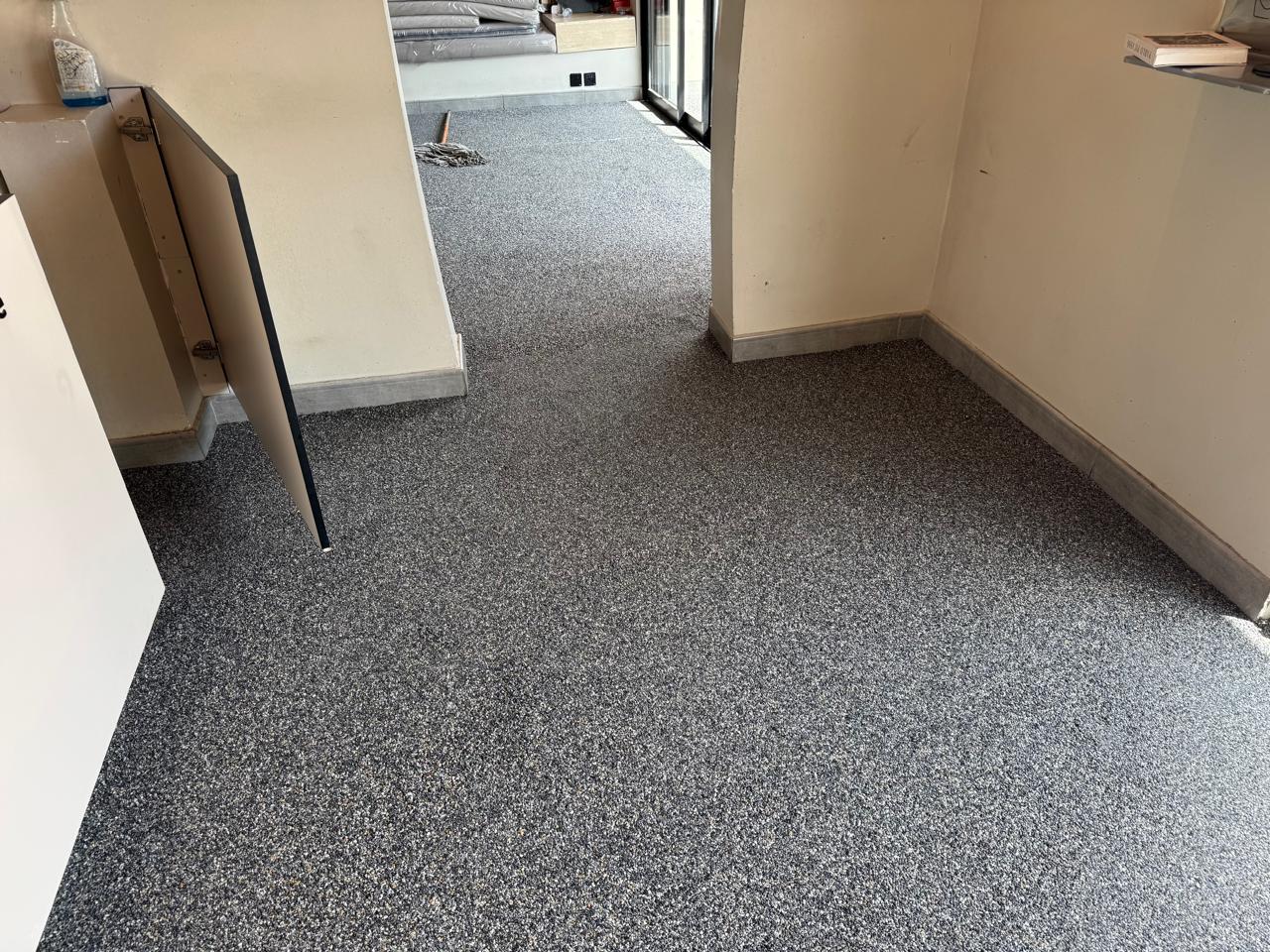
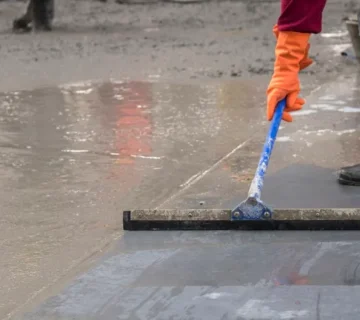

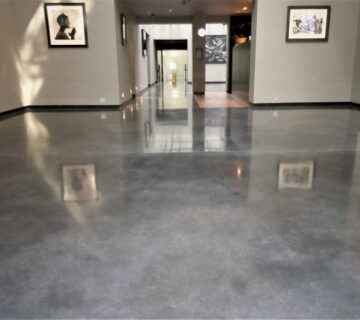
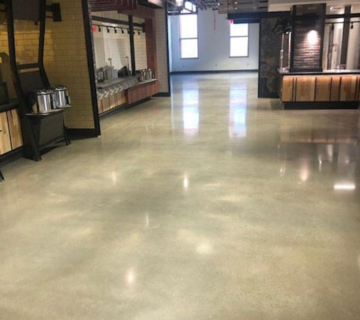
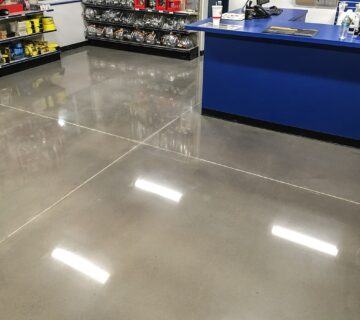

No comment